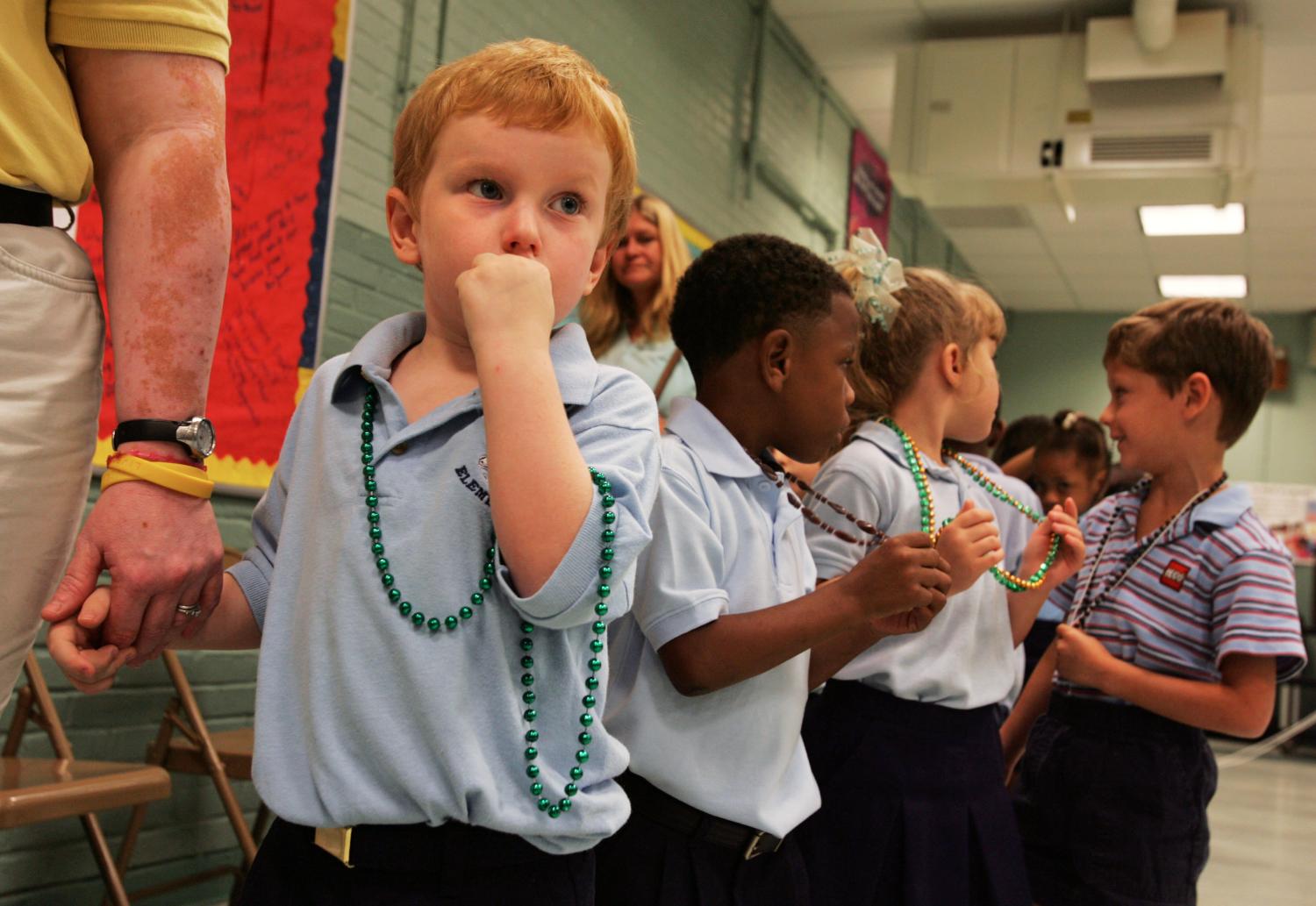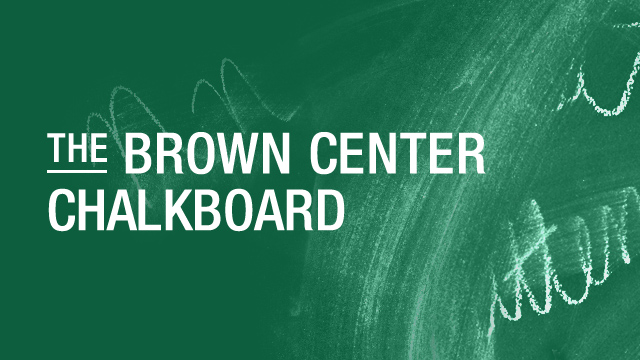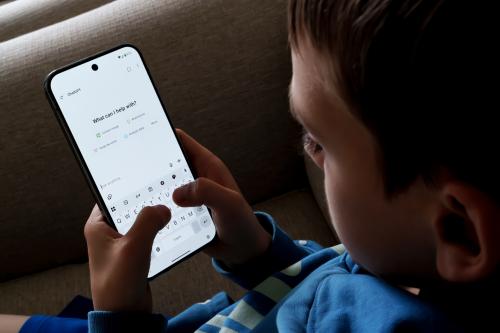One of the most talked-about education studies in recent months is a new working paper on the effects of Louisiana’s statewide voucher program during its first year of operation. In short, the authors find that students who won a school voucher via lottery ended up having substantially lower achievement after one year in math, reading, science, and social studies compared to students who lost the lottery and received no voucher.
This study has been the topic of much conversation in part because voucher research is inherently controversial, but also because the results are somewhat anomalous. Rigorous studies (like this new study in Louisiana) often find at least some positive effects from voucher programs, and it is interesting and important to think about why the effects of voucher programs might vary across contexts.
One of the most plausible explanations of the Louisiana results, put forward most forcefully by Jason Bedrick of the Cato Institute, is what has come to be known as “Overregulation Theory.” According to Overregulation Theory, regulations imposed by Louisiana’s voucher scheme were so burdensome that only the private schools most desperate to boost enrollment opted to participate. To be eligible for voucher students, private schools had to agree not to set admission requirements or charge tuition above the (relatively meager) value of the voucher, and to administer the state’s standardized tests. These requirements, however well-intentioned, may have discouraged many private schools from accepting vouchers at all.
As Bedrick points out, this theory is consistent with the study’s finding that participating private schools were more likely than non-participating schools to have experienced significant enrollment declines prior to entering the voucher program. These schools may have had declining enrollments precisely because they were among the least effective schools, and ineffective schools will produce less student learning.
While it is plausible that regulations did reduce private school participation, it is not obvious that Overregulation Theory is entirely consistent with the available evidence. For one thing, the authors of the Louisiana study specifically check to see if learning outcomes vary significantly between schools experiencing greater or lesser prior enrollment declines, and find that they do not. (Bedrick acknowledges this, but doubts there was enough variation in the enrollment trends of participating schools to identify differences.) Joshua Cowen of Michigan State University also points out that there is previous evidence of positive effects from accountability rules on voucher program outcomes in other states (though regulations may differ in Louisiana).
It is also important to recognize, however, that Overregulation Theory—even if true—does not by itself explain substantial negative effects from vouchers. After all, one of the primary mechanisms by which vouchers are normally theorized to have benefits is that they enable families to choose superior schools. Overregulation Theory—at most—explains why those benefits would not obtain, not why students would experience harm.
That is, even if regulation prevented all but the worst private schools from participating, this would explain why students did not benefit from transferring into them, but not why students would transfer into them in the first place.
So Overregulation Theory might be part of the story in explaining negative voucher effects in Louisiana, but it is not by itself sufficient. To explain the results we see in the study, it is necessary to tell an additional story about why families would sort into these apparently inferior schools.
Such a story is certainly possible. It may be that families are selecting schools that provide unobserved benefits, including benefits that accrue over longer time horizons. In such a case, families may simply be sacrificing learning gains for other advantages that this study does not capture (e.g., school safety or character education). It may also be that Louisiana’s voucher system somehow induced families to select inferior schools. It is not immediately obvious how such an inducement might work, but if families’ ability to choose schools wisely is fragile or sensitive to program design, that may have important implications for policy. Similarly, if families simply tend to assume that any private school must be superior to their available public schools, it may be that informing parents about school quality is more difficult than school choice advocates tend to assume.
In any case, it is likely that the existing evidence will not allow us to fully adjudicate between competing hypotheses. Analyses of subsequent years of data from Louisiana may also change the picture considerably. It is nevertheless important to articulate our theories fully and clearly so that we can test them going forward, and while Overregulation Theory may be one piece of the puzzle, other pieces are still required.
As school choice expands in both the public sector (e.g., via charter schools) and the private sector (e.g., though vouchers and education savings accounts) it will become increasingly important to understand how families determine where their children will be educated. Choice programs may give parents the ability to choose schools that are better (or simply better for their child). Nevertheless, this new study out of Louisiana suggests that there may also be a risk that students will sort into new schools in sub-optimal –- or even harmful –- ways. By better understanding how parents are choosing schools for their children, we can maximize the benefits of school choice while mitigating the risks.
The Brookings Institution is committed to quality, independence, and impact.
We are supported by a diverse array of funders. In line with our values and policies, each Brookings publication represents the sole views of its author(s).





